This tremendous #SLANZA workshop was hosted at Melville HS by librarian Jan MathewsAcknowledgement: I am so grateful for Paula Eskett @libraryPaula of CoreEducation for sending me the notice about today’s SLANZA conference which took place in the Hamilton NZ area at Melville HS. Paula has given me tremendous help in lighting my path to what I believe will be a successful project! Today was filled with fellowship, joy, and learning as I joined an fun, friendly, and inspiring group of library educators. This special day was moderated by Linda McCullough, Secretary, Waikato/BoP SLANZA. Whakamana Te Tamaiti - Early Years Last ForeverThe first presenter, Wendy Nelson from the Brainwave Trust @brainwavetrust conducted a fascinating, dynamic, interactive presentation about brain development and how it ties into the ability to learn to read. One of the important highlights of her talk addressed the massive number of dendritic connections that are made by the brain of a baby when they are spoken to. With those connections comes a white matter sheath that facilitates information transmission rate from one part of the brain to the other. As a comparison, she noted that if a baby is not spoken very often and therefore hears very few words they have “a dial up connection” while the child that hears lots of words develops a “broadband” connection. It is easy to see how her explanation makes sense in our practice as we get to know our students and their varying homelife situations/opportunities. Understanding the causes of the struggles of our students is an important first step in being able to provide the right sorts of interventions for them. In addition, due to the plasticity of the brain in the younger years, interventions should be made as early as possible. It was unanimous that Wendy did an outstanding job teach non scientists about brain development as it relates to reading. Her delivery was flawlessly executed, thank you Wendy! Wendy stayed true to her agenda and I would like to share the other points she discussed, explained, and demonstrated: 1 How early experiences shape brain architecture. 2. How early experiences can help or hinder brain development. 3. The importance of loving relationships and attachment. 4. Understanding stress and why children are particularly vulnerable to stress. Why reading is so important and how we can helpThe next presentation was delivered by Miriam Tuhoy, Librarian at Palmerston North Girl’s HIgh School and Current SLANZA president. Miriam did an engaging and moving presentation on the importance of getting books into the hands of kids. She stressed the importance of offloading tasks that can be done by a student or teacher (such as issuing books) so that the library staff can assist each student with finding the “right book.” It takes time, but it is crucial to have conversations with each student so that you can effectively match them up with the right books. Miriam also reminded us to show our books off in book displays, book lists, newsletter messages, blog posts etc. Often the teachers will not know what books are in the library and how those materials complement the curriculum unless they are informed and/or shown by the library staff. She recommends annotating the book lists so that the teachers can have an idea of how each item can be used since it may not be obvious from the book titles. My takeaways are:
Selection Criteria-choosing books for maximum effectThere were great two simultaneous breakout sessions- 1. Secondary: Choosing books that are appropriate for NCEA levels:Chaired by Margaret Black, HOD of English, Melville HS- This was an interactive discussion about the criteria needed to target books to the student - age - levels; reading ability; interests etc. 2. Pre-School/Primary/Intermediate: Choosing books that stimulate: Chaired by Helen Le Heron, from Books for Kids, Hamilton East. This was a fun and interactive session where the attendees visited with some very fun and clever books designed to ignite and inspire the imaginations of young people! Vicki Stephens, Services to Schools, National Library Updates in TransformationVicki gave some wonderful updates on the transformation that is taking place at the National Library with regard to digital resources for schools and other services. She also spent a few minutes explaining how to maximize the requests to receive 100% of the allowable number of books. Closing remarks by Glenys Bichan, Cambridge HS, and Waikato/BoP Slanza ChairGlenys spoke of the many effective programs that are consistently deployed by SLANZA. She also mentioned the many ways how SLANZA has helped her in practice over the years. She also noted that there are some volunteer openings right now and more urgently, SLANZA is in immediate need of a Treasurer. Please get in contact with anyone from SLANZA if you wish to make a difference by helping this fine organization. PHOTOS From the Day!
0 Comments
Your comment will be posted after it is approved.
Leave a Reply. |
Sue LevineSue is a teacher and school librarian living in Atlanta, GA, USA. She was in NZ as a Fulbright Distinguished Teacher from Feb-June 2016. Archives
June 2017
Categories |
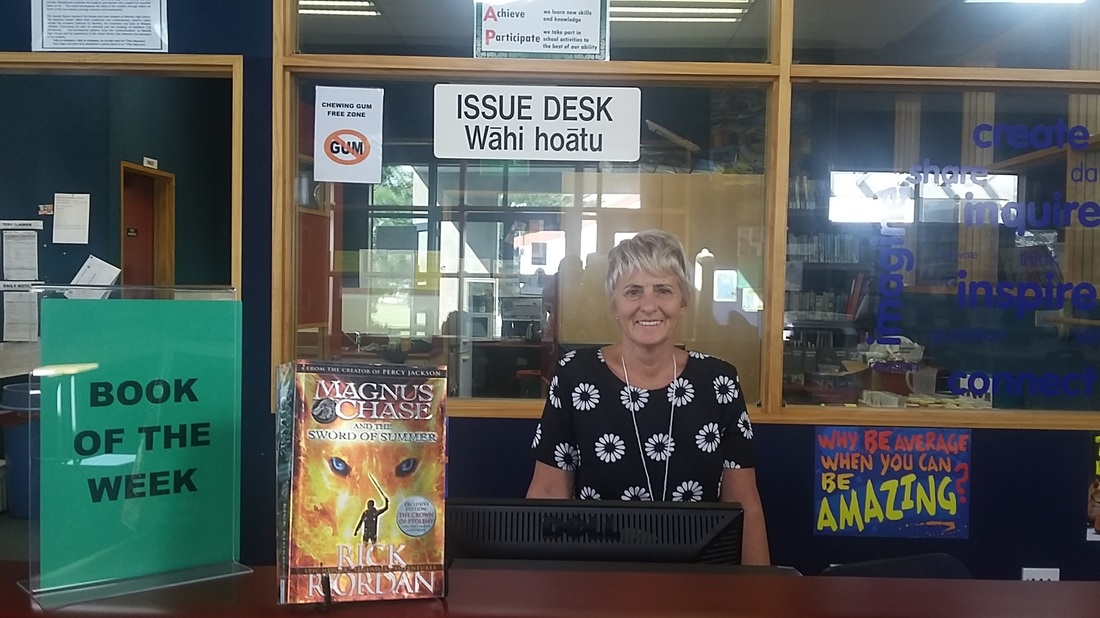
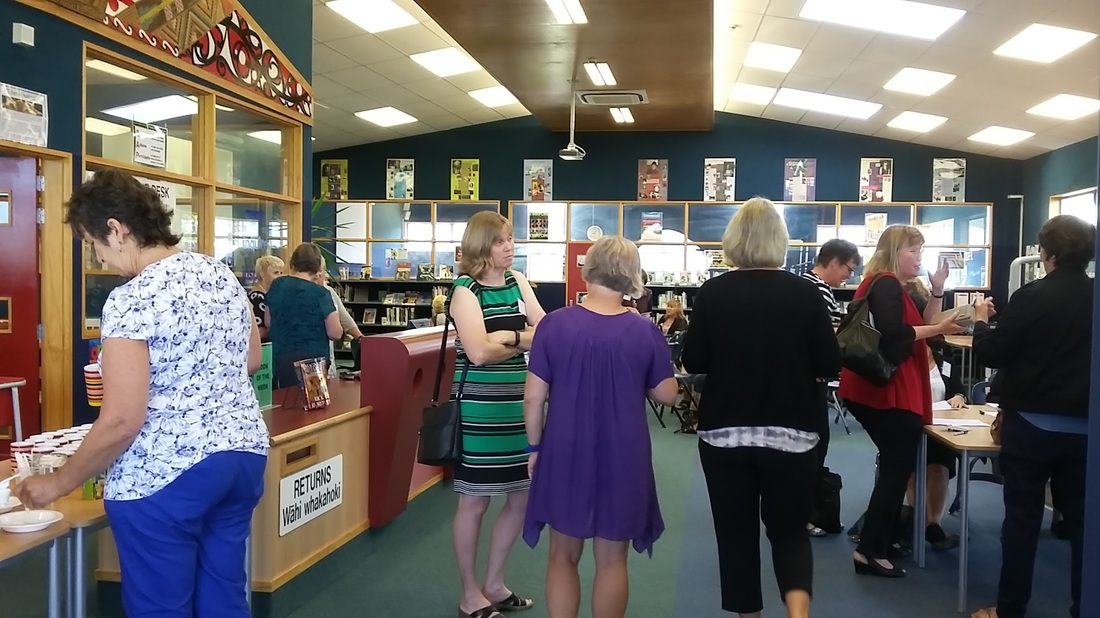
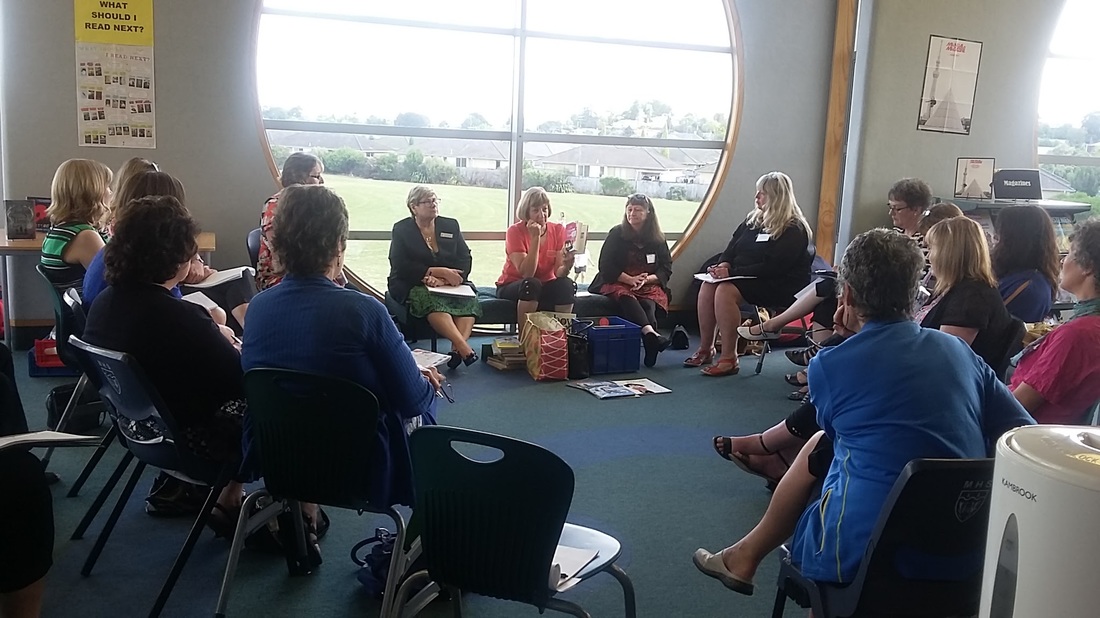
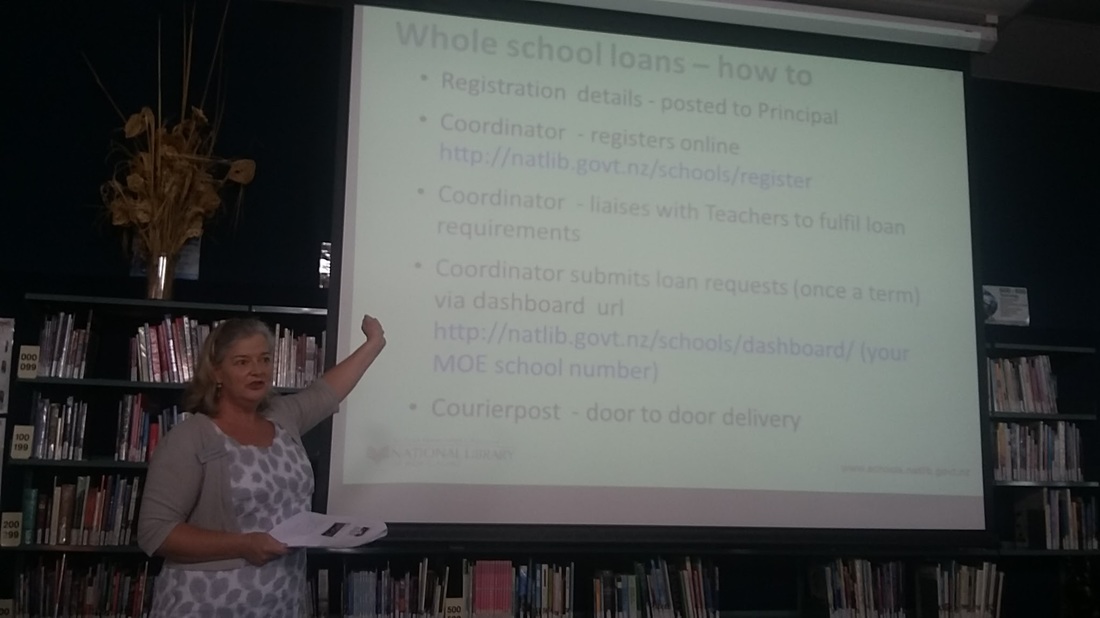
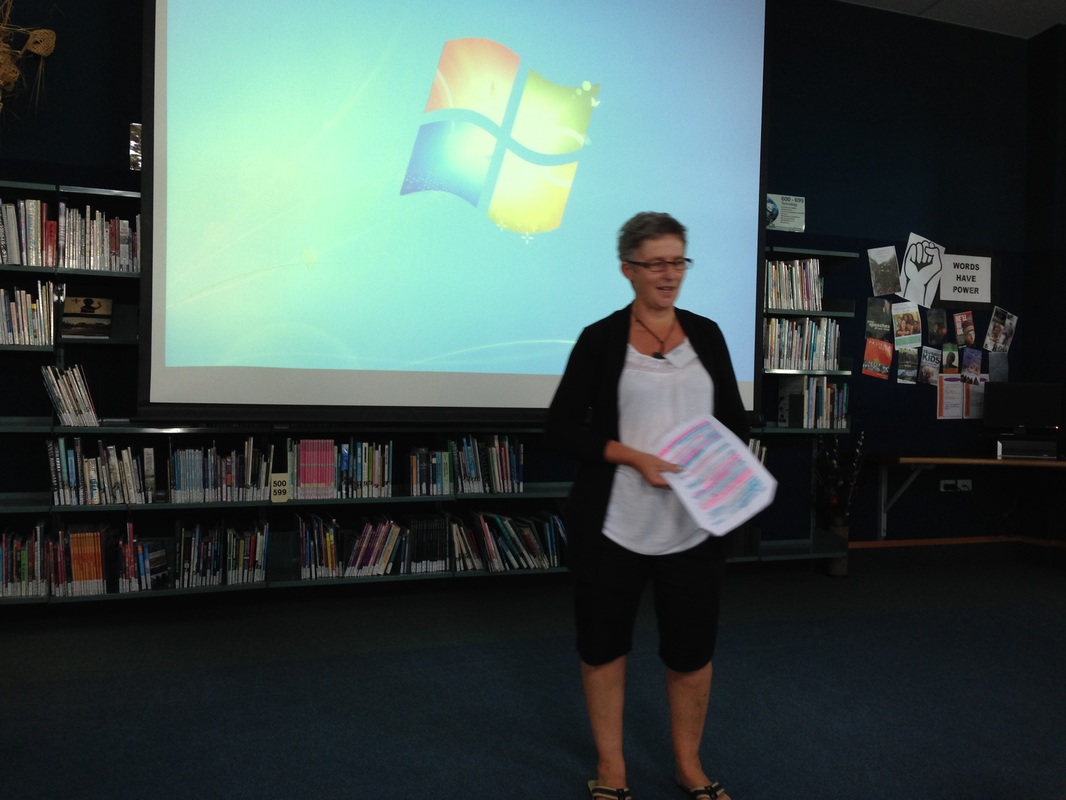
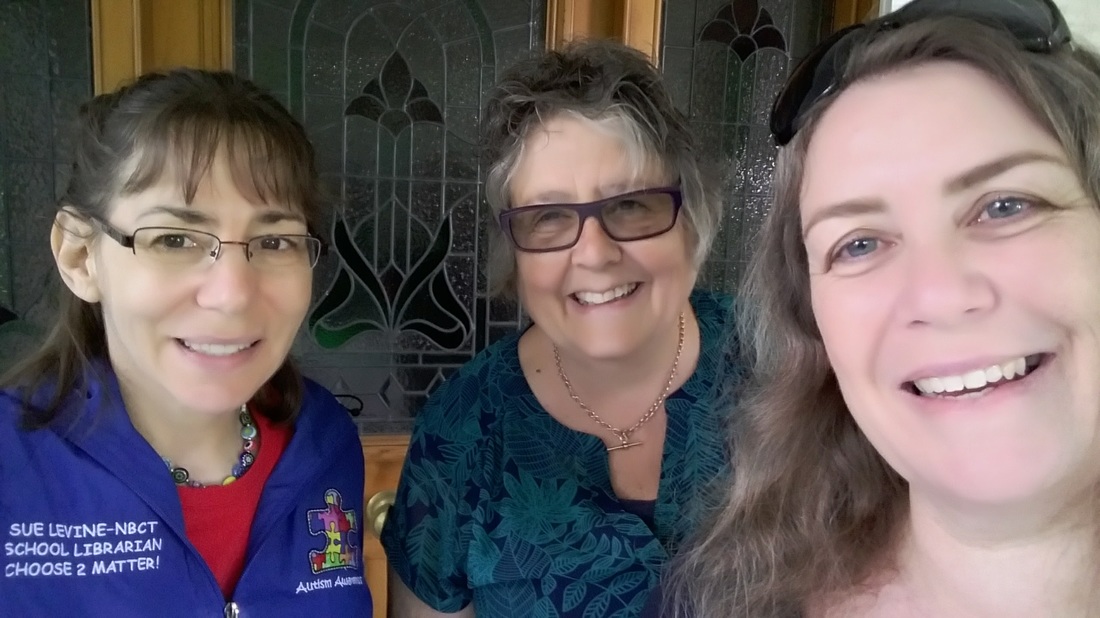
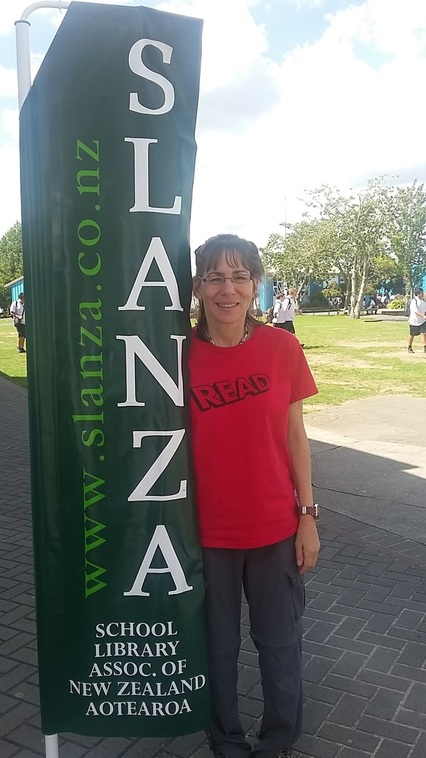
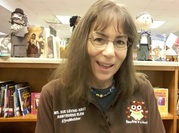
 RSS Feed
RSS Feed